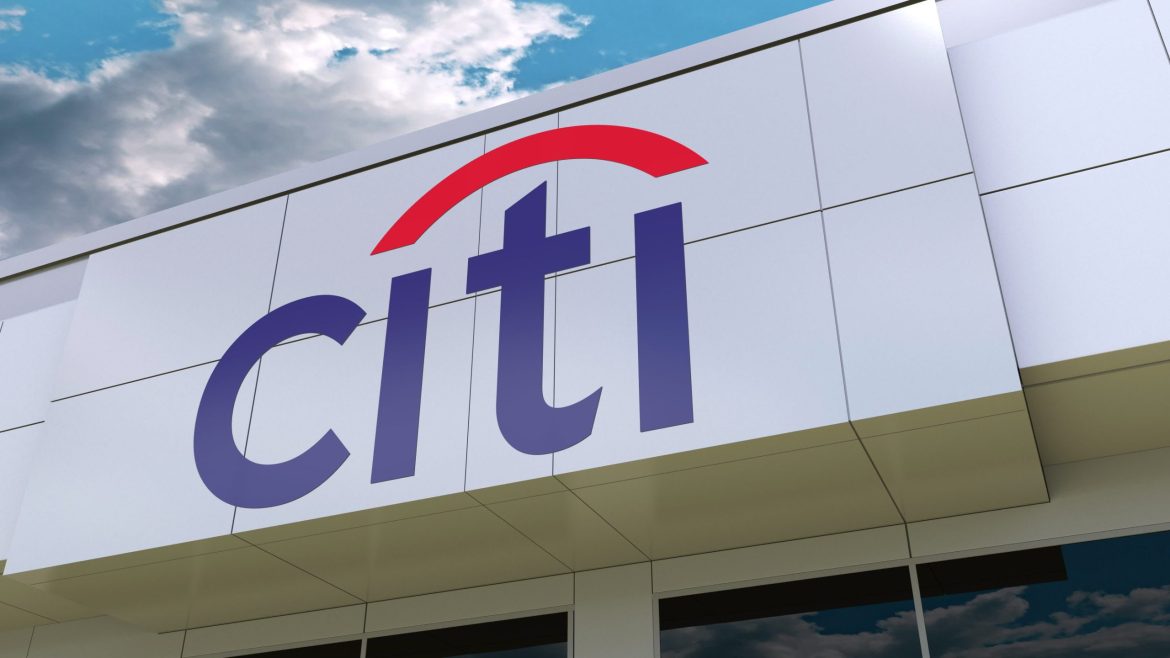Citigroup, one of the world’s largest financial institutions, is undergoing a significant restructuring of its compliance efforts in response to recent regulatory pressures.
The bank is shifting responsibility for a crucial aspect of its compliance work, along with approximately 800 employees, away from Chief Operating Officer Anand Selva.
This move comes in the wake of a $136 million fine imposed by regulators this summer for the bank’s latest reporting failures.
Citi tech chief to spearhead data overhaul
Tim Ryan, who joined Citigroup in June as the bank’s chief technology officer, will now head the data overhaul initiative.
This project is central to the bank’s efforts to convince regulators that its compliance systems meet the required standards.
Ryan, a former accountant and top partner at PwC, becomes the third senior Citigroup executive in three years to oversee the task of addressing the bank’s persistent data problems.
The decision to transfer these responsibilities to Ryan was made during a series of meetings last week involving Chief Executive Jane Fraser, bank executives, and board members.
This restructuring is viewed as an acknowledgement that Selva’s responsibilities had become too extensive and that introducing another executive to the effort could accelerate the overhaul process.
Leadership changes and new appointments
As part of the reorganization, Citigroup is expected to announce the appointment of a new top data officer. Ashutosh Nawani will take on this role, replacing Japan Mehta, who previously reported to Selva.
In the new structure, Nawani will report directly to Ryan, further emphasizing the shift in oversight of the bank’s data management efforts.
Despite the changes, Anand Selva will maintain his position as head of the bank’s broader initiative to improve risk controls and will continue to lead Citigroup’s back-office operations.
However, the loss of key responsibilities represents a setback for Selva, a 33-year veteran of the bank and one of its most senior executives. Selva, who previously ran Citigroup’s consumer business, was promoted to the role of chief operating officer in March of last year.
Regulatory pressures and compliance challenges
The restructuring comes amid ongoing regulatory scrutiny and compliance challenges for Citigroup.
In June, the bank was fined $136 million, primarily for inaccurately reporting the details of tens of billions of dollars in loans to regulators.
This fine specifically highlighted Citigroup’s data issues, prompting CEO Jane Fraser to pledge additional resources towards improving data controls.
Citigroup has been engaged in a company-wide effort to enhance its risk controls since a high-profile incident in 2020 when it mistakenly sent $900 million to creditors of cosmetics company Revlon.
This error led to the departure of then-CEO Michael Corbat and resulted in a regulatory consent order requiring the bank to address its compliance issues.
The bank’s struggles with compliance have persisted despite these efforts. In September last year, Citigroup failed an inspection by the Federal Reserve.
In May, the bank was fined £62 million for failing to catch a $1.4 billion trading error that briefly disrupted European markets.
June saw banking regulators reject Citigroup’s “living will” – a detailed plan for winding down the bank in the event of catastrophic failure – citing data issues once again.
Ongoing legal challenges
Adding to the bank’s challenges, Selva is currently facing a lawsuit along with Citigroup from a former employee, Kathleen Martin.
Martin alleges that Selva instructed her to lie to regulators and claims she was fired after informing regulators that the bank was behind schedule in addressing its issues.
Citigroup is contesting the lawsuit, stating that Martin’s termination was due to legitimate performance issues.
Citigroup’s efforts to address compliance issues
In response to these ongoing challenges, Citigroup has significantly increased its workforce, adding tens of thousands of employees in recent years as part of its efforts to close gaps in risk management and data controls.
CEO Jane Fraser has acknowledged that fixing the bank’s risk controls and satisfying regulators is an area where the bank has fallen short under her leadership.
She has promised changes and previously stated that the bank would intensify its efforts to address these issues.
The decision to bring in Tim Ryan, with his background in accounting and technology, appears to be part of this renewed commitment to resolving the bank’s compliance and data management challenges.
By placing the data overhaul under the purview of the chief technology officer, Citigroup may be signalling a more tech-driven approach to addressing its regulatory and compliance issues.
Industry implications and future outlook
This restructuring at Citigroup highlights the increasing importance of robust data management and compliance systems in the banking industry.
As financial institutions continue to face stringent regulatory requirements and the challenges of managing vast amounts of complex data, the ability to effectively oversee these areas has become crucial for maintaining regulatory compliance and operational efficiency.
The success of Citigroup’s latest efforts to address its compliance issues will be closely watched by industry observers and regulators alike.
The bank’s ability to satisfy regulatory requirements and improve its data management practices could have significant implications for its future performance and standing in the global financial market.
As Citigroup implements these changes, the financial industry will be keen to see if this new approach under Tim Ryan’s leadership can finally resolve the persistent data and compliance issues that have plagued the bank in recent years.
The outcome of this restructuring could potentially set new standards for how large financial institutions manage their data and compliance functions in an increasingly complex regulatory environment.
The post Citigroup shifts compliance work for 800 staff after $136M fine appeared first on Invezz

